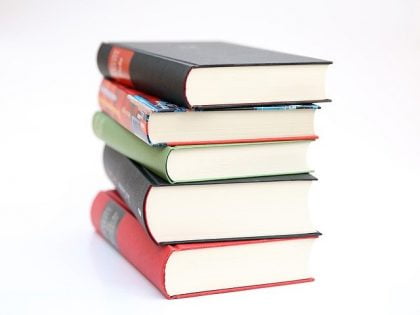At a recent book discussion with people in their 70’s and 80’s one of the participants said, “I don’t want to learn anything new. I’m too old.”
I hope I don’t ever get that old.
As one of those folks in their 70’s I’m grateful to be able to adopt new reading habits. When I proposed forming a reading group at UUCT I knew that each month we’d read one book by a Black, Indigenous or People of Color author. I didn’t imagine that would so thoroughly change what I read and why I read it.
For most of my life I read a lot of white authors. Of course, I read a few writers who leapt off the bestseller lists into national consciousness, like: Maya Angelou, Toni Morrison, Louise Erdrich, Alice Walker, Audre Lorde and Hanya Yanigihara. They were the exceptions, not the rule. My habits began to change when I researched selections for Centering BIPOC Voices. I began to see how limited my white world had become. I branched out.
Nowadays, I learn from nonfiction like “How the Word is Passed: A Reckoning With the History of Slavery Across America” (Clint Smith). Smith offers hope for positive change as he chronicles historical sites starting to include in-depth information about the lives of people held in slavery. Smith’s work also demonstrates that some things are not changing for the better as proponents of the Lost Cause become entrenched in their thinking.
Nonfiction aims to teach, yet fiction expands my education as well. “Such a Fun Age” (Kiley Reid) explores racism faced by a Black child carer and the friendship assumed by her elite white employer. “Real Life” (Brandon Taylor) delves into intersectionality with a Black, gay grad student struggling with his identities. Casting myself back five decades and out of my white world challenges and inspires a necessary compassion.
What books might help you to break out of some of your old reading habits and begin learning something new – at any age?

